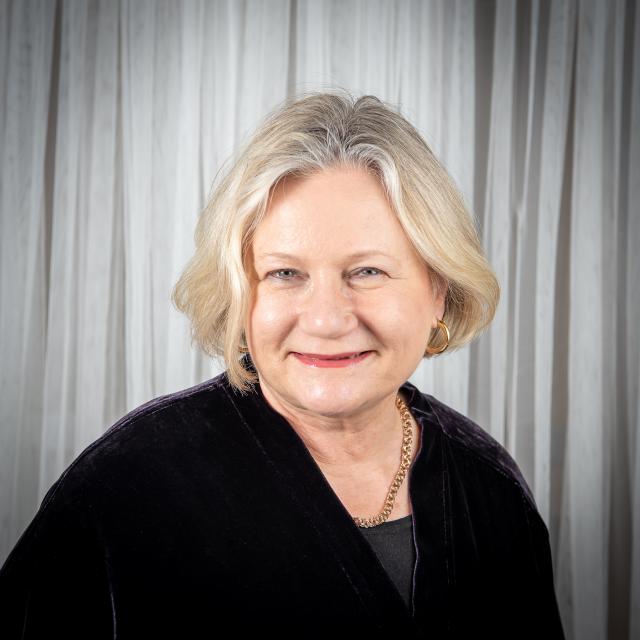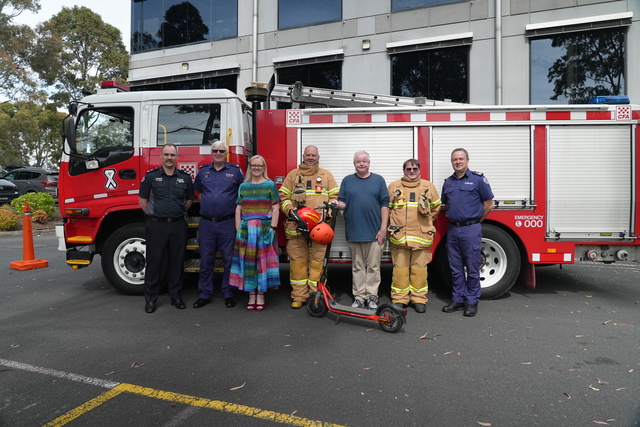Upwey’s Dr Diana Cousens received an Order of Australia Medal during the King’s Birthday Weekend for her service to the Buddhist community.
Dr Cousens said she has been on the Buddhist Council of Victoria intermittently for the past 25 years.
“In the mid-2000s, there was a lot of grassroots community work, a lot of interface dialogue, and I’ve also written a lot of policies for the Buddhist Council,” she said.
“In 2004, I put together something called Buddhist Care for the Dying, which is a small booklet on palliative care in the Buddhist context which has input from the Chinese, Vietnamese, Korean and Japanese traditions.”
The guide is still used in the hospital and chaplaincy sector 19 years later, and Dr Cousens is also part of a committee, funded by the state government and working with the uniting church, which wrote a report enabling disabled people to have access to Buddhist temples.
She said she has also spent time over the past two decades involved in interfaith dialogue.
“I regularly go to Hindu temples and mosques and other places, community halls, and engage in interface and everywhere, and meet the other religious people and find common ground and form bonds,” Dr Cousens said.
“You don’t do it for the accolades; you do it to make the world a better place.”
Dr Cousens has been Vice President of the Buddhist Council of Victoria since November 2021 and is also a marriage and funeral celebrant.
She said it is an honour to be recognised for her work.
“It’s also good for the Buddhist community that it gets a recognition that it has a part to play in the wider Australian community,” Dr Cousens said.
“Another thing that I did in 2016, I was the foundation president of Sakyadhita Australia, which is a national Buddhist women’s organisation and it’s a branch of an international Buddhist women’s organisation.”
Dr Cousens will be off to Korea in the next fortnight to present a paper on the Buddhist Council’s four-year project on combating family violence in the Buddhist community.
She said after that, she will work on an awareness programme on the recent legislation banning Nazi symbols.
“That will be quite complex work because the swastika has a traditional place in Hinduism and Buddhism,” she said.
“It will explain that nazi symbols for the purpose of promoting hate are banned, but traditional, cultural and religious uses are not.”







